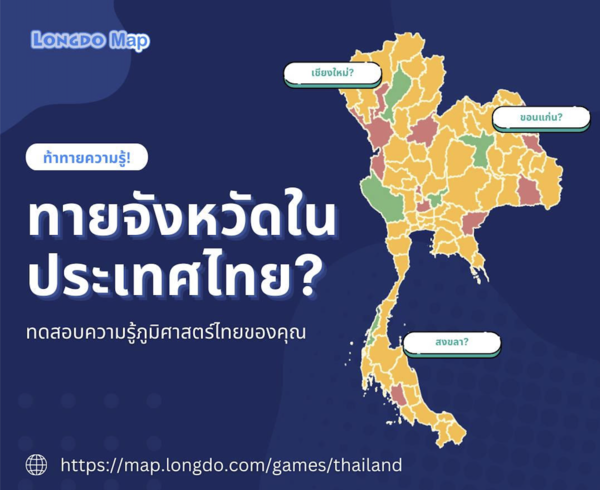| 毎年 | - (まいとし(P);まいねん(P)) (n-t) every year; yearly; annually; (P) [EDICT]
|
| 桜 | - (さくら) ซากุระ [LongdoJP]
- (さくら) (n) (1) cherry tree; cherry blossom; (2) decoy; fake buyer; shill; (3) hired applauder; (4) (col) (See 桜肉) horse meat; (P) [EDICT]
- (yīng, ㄧㄥ) Japanese variant of 櫻; sakura [CE-DICT]
|
| が | - () (prt) (positive sentence end) I dare say; (negative sentence end) though, honestly [EDICT]
- () (suf,v5r) (1) to feel (on adj-stem to represent a third party's apparent emotion); (2) to behave as if one were [EDICT]
- () (n) scree [EDICT]
- () (adv-to) (1) (on-mim) thump; thud (dull sound representing something being hit); (2) severe; difficult; hard [EDICT]
- (我) (n) (1) {Buddh} obstinacy; (2) atman; the self; the ego [EDICT]
- (画) (n) picture; drawing; painting; sketch [EDICT]
- (蛾) (n) moth [EDICT]
- (賀) (n) (See 賀の祝) congratulation [EDICT]
- (雅) (n,adj-na) (1) (ant [EDICT]
|
| 見頃 | - (みごろ) (n) best time to see [EDICT]
|
| の | - () (prt) endorsing and questioning the preceding statement (sentence ending particle); lamenting reflections on the preceding statement (sentence ending particle) [EDICT]
- () (prt) (1) although; when; and yet; despite this; in spite of; even though; but even so; but even then; however; nevertheless; for all that; notwithstanding that; (2) while; (3) if only; I wish; (4) I tell you; you should do; (5) in order to; (P) [EDICT]
- () (suf,prt) (literary equiv. of だけ) only; nothing but; (P) [EDICT]
- () (n) (See スラグ) slag [EDICT]
- (乃) (prt) (1) (uk) (occasionally ん) indicates possessive; (2) verb and adjective nominalizer (nominaliser); (3) substituting for "ga" in subordinate phrases; (4) (often ん) indicates a confident conclusion; (5) emotional emphasis (sentence end) (fem); (6) indicates question (sentence end); (P) [EDICT]
- (之) (prt) (arch) possessive (used on tombs, etc.) [EDICT]
- (幅) (n,n-suf,ctr) (after a number in the hito-, futa-, mi- counting system) unit of measurement for cloth breadth (30-38 cm) [EDICT]
- (布) (n,n-suf,ctr) (after a number in the hito-, futa-, mi- counting system) unit of measurement for cloth breadth (30-38 cm) [EDICT]
- (箆) (n) (1) (arch) shaft (of an arrow); (2) (arch) (See 矢竹・2) arrow bamboo (Pseudosasa japonica) [EDICT]
- (篦) (n) (1) (arch) shaft (of an arrow); (2) (arch) (See 矢竹・2) arrow bamboo (Pseudosasa japonica) [EDICT]
|
| 頃 | - (けい) (n) (obsc) (See 畝・ほ) qing (Chinese unit of land area equal to 100 mu) [EDICT]
- (ころ(P);ごろ(P)) (n,n-adv,n-suf) (1) (uk) (ごろ when used as a suffix) (approximate) time; around; about; toward; (2) (See 食べ頃) suitable time (or condition); (3) time of year; season; (P) [EDICT]
- (ころおい) (n) time; period; days [EDICT]
- (qǐng, ㄑㄧㄥˇ) unit of area equal to 100 mu 畝|亩 or 6.6667 hectacres; a short while; a little while ago; circa. (for approximate dates) [CE-DICT]
|
| に | - (二) สอง [LongdoJP]
- () (prt) indicates location of action (formal literary form of "de"); at; in; (P) [EDICT]
- () (prt) (See に,は) for (in regard to); in order to [EDICT]
- () (exp) also; too; not ... either; as well; even [EDICT]
- () (exp) (1) (also にゃあ) (See ねば) if not ... (negative conditional); (2) (See には) for (in regard to); in order to [EDICT]
- (荷) (n) (1) load; baggage; cargo; freight; goods; (2) burden; responsibility; (P) [EDICT]
- (似) (suf) takes after (his mother) [EDICT]
- (丹) (n) red earth (i.e. containing cinnabar or minium); vermilion; (P) [EDICT]
- (土) (n) (arch) soil (esp. reddish soil) [EDICT]
- (尼) (n,n-suf) (abbr) (See 比丘尼) bhikkhuni (fully ordained Buddhist nun) [EDICT]
- (弐) (num) two (used in legal documents) [EDICT]
|
| 祭り | - (まつり) เทศกาล, งานฉลอง [LongdoJP]
|
| 催す | - (もよおす) (v5s,vt) (1) to hold (a meeting); to give (a dinner); to show signs of; (2) to feel (sensation, emotion, etc.); (P) [EDICT]
|
| れる | - () (aux-v,v, ) (1) (れる for 五段 verbs, られる for 一段. Follows the imperfective form of (v5) and (vs) verbs) (See 未然形,迷惑の受身・めいわくのうけみ) indicates passive voice (inc. the "suffering passive"); (2) (no imperative form. Infrequently used in modern Japanese, e.g. 歩ける is favoured over 歩かれる) (See ら抜き言葉・らぬきことば) indicates the potential form; (3) (no imperative form) indicates spontaneous occurrence; (4) (hon) (no imperative form) used as an honorific for others' actions [EDICT]
|



